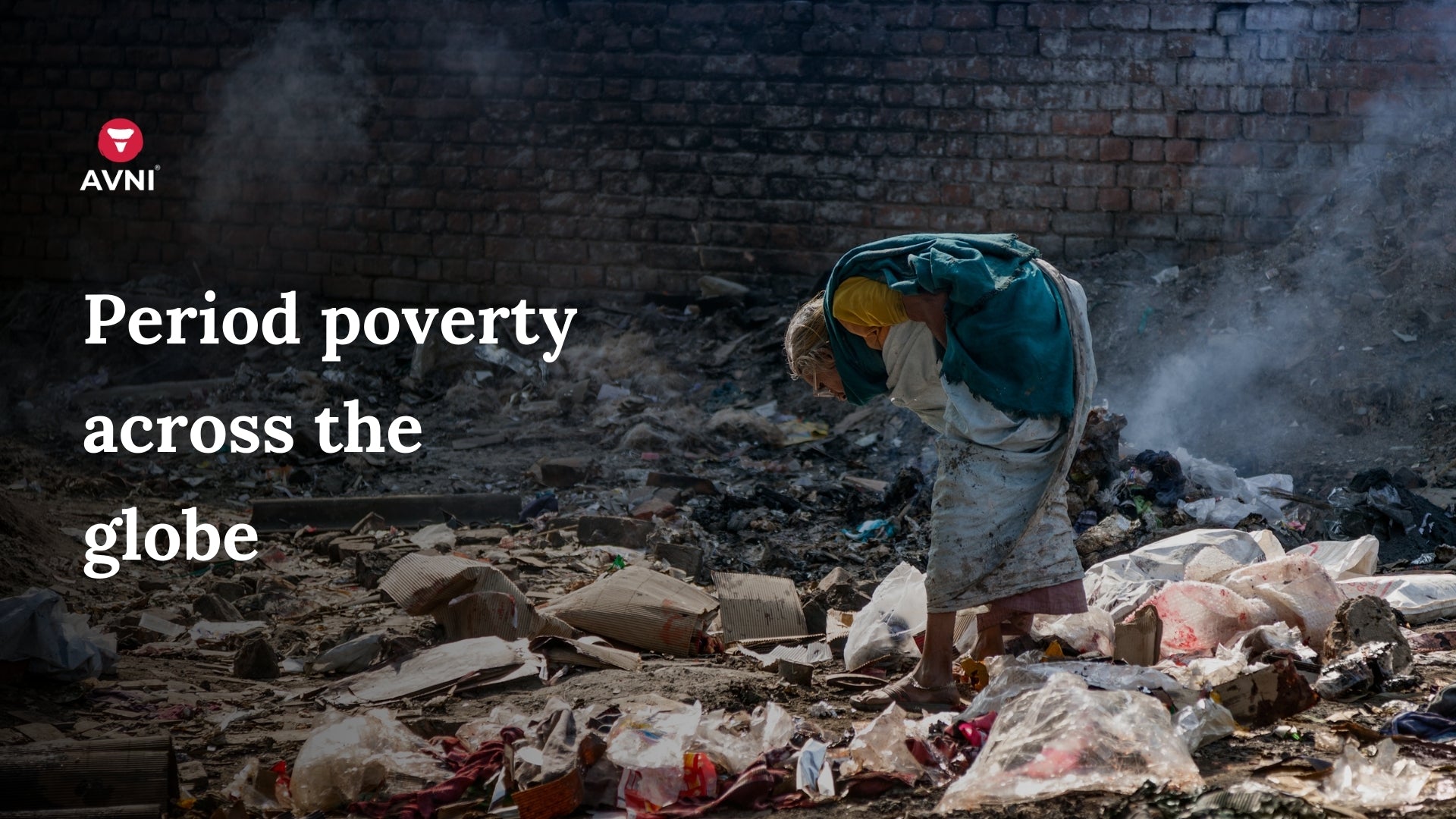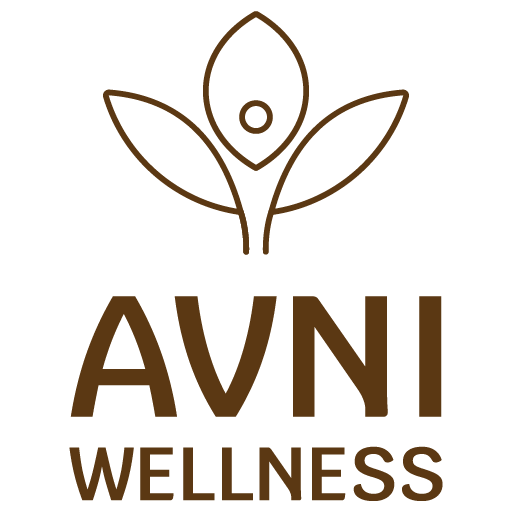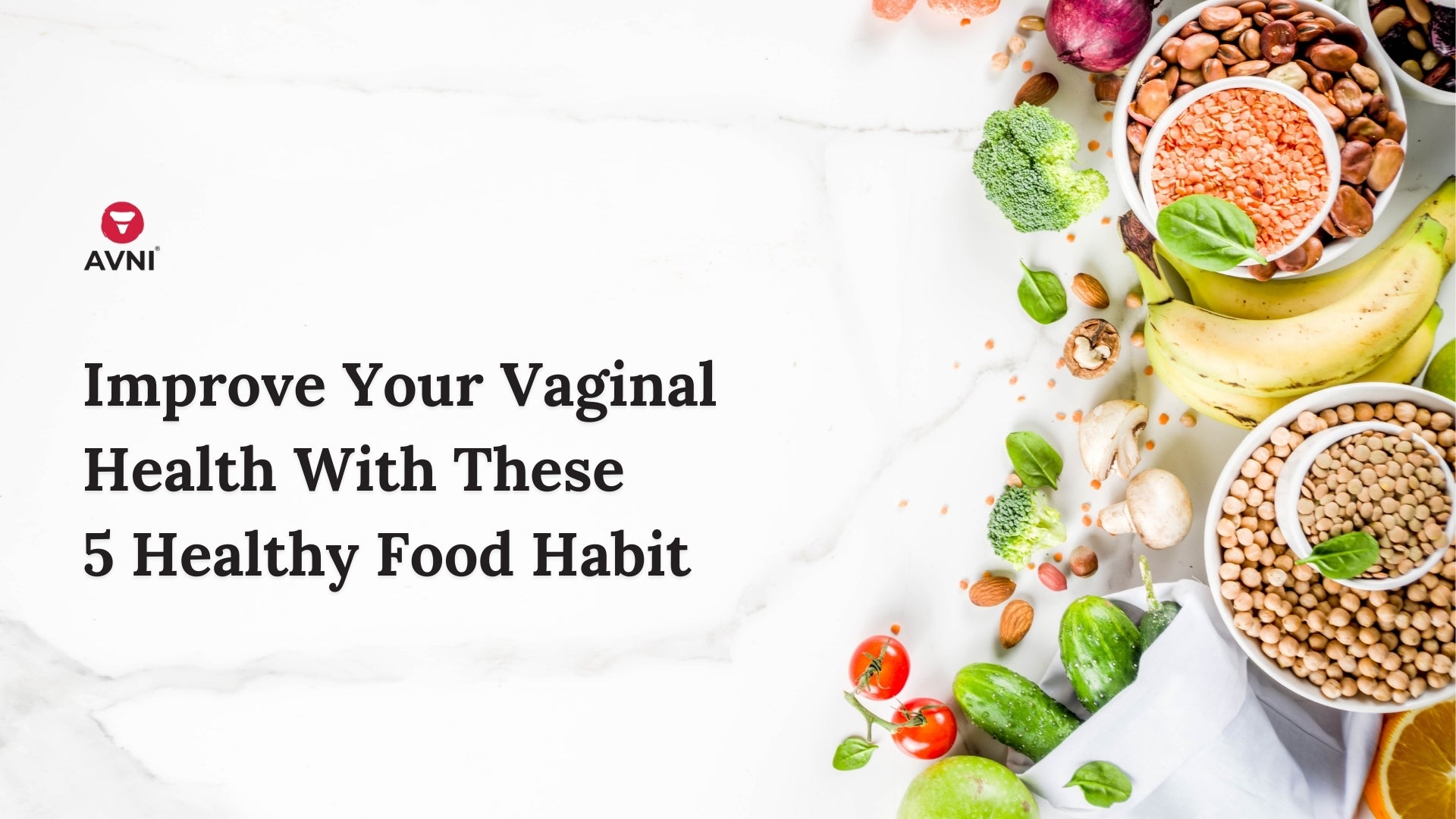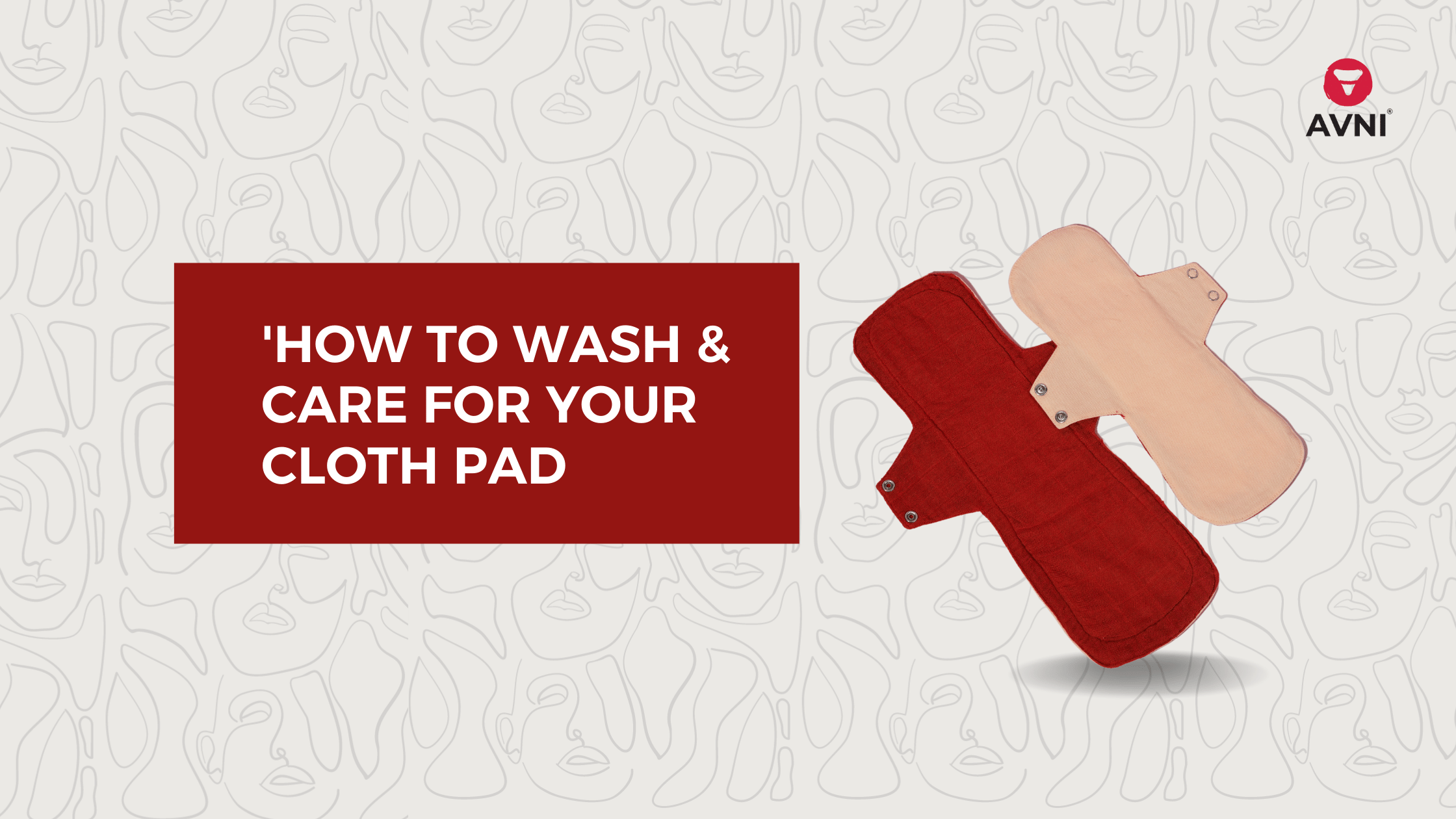
Period poverty across the globe
Period poverty is the struggle that many women face in regards to being unable to afford basic menstrual products. Period poverty has become a public health crisis with over 1.2 billion women lacking access to basic sanitation and hygiene globally. According to UNICEF, more than a third of young girls miss school during their periods due to lack of access to sanitary products and clean toilets in schools.
Menstruation, a normal physiological process experienced by every woman is often looked at as being impure and she is often ostracised by her family. In India, she is not allowed to enter temples, kitchens and is often secluded to just one part of the house so that she doesn’t render the rest of the house “impure”. In places like Nepal, menstruating women are considered impure and are banished to huts in an ancient tradition called Chhaupadi. With so many taboos and superstitions surrounding periods, it is impossible to even hold open discussions about it in groups.
What Causes Period Poverty?

So what causes period poverty that affects so many? The main reason is that menstrual products are unaffordable or unavailable to these women. They could be living in abject poverty and might have to choose between buying menstrual products or basic necessities. In such situations they resort to using anything that is easily accessible and cheap.
Many women and young girls end up using cloth, old rags, cardboard and in some rare instances, even leaves and wood shavings. Being unable to purchase menstrual products, these alternatives like cloth are used for extended periods of time. They are not dried properly which could develop bacteria causing vaginal infections for the young women using them.
Another reason could be the stigma attached to menstruation. Talking about menstruation is considered taboo thus the issues surrounding it are also never addressed. In India, studies show that around 71% of girls didn’t know about menstruation right up until their first period.
The effects of period poverty affect too many across the globe to not care about it. Due to the lack of products and availability of clean toilets, some girls miss out on up to a week of school. Another group of women severely affected by period poverty are those who live in war struck areas and those who have to manage their periods in the aftermath of natural disasters. Also, girls living in poverty with certain disabilities and special needs are doubly marginalised.
What Can Be Done To Combat Period Poverty In India?
A lot is being done to combat this problem but it is still not enough. An introduction of new government policies could provide women in rural and poverty ridden areas access to free menstrual products and clean toilets. Educational institutes can initiate the distribution of free menstrual products to young girls along with educating them to increase their awareness about menstrual hygiene. An example of this is Scotland which became the first country in the world to make menstrual products free. If not free, taxes on menstrual products could be removed or sold at a nominal price. A switch can also be made to eco-friendly menstrual products to reduce the damage on the environment with brands like MyAvni. Boys and girls need to be educated on menstruation to reduce the stigma around the natural process and shape their attitudes.
Many organisations have started working to help eradicate period poverty around the world. In the UK, one example is Period Power in Staffordshire works to raise awareness through talks and workshops. Freedom4Girls in Leeds holds workshops for women to sew their own cloth pads. Action Aid helps women to make reusable pads and distributes them to girls in school. NGOs like Dignity Dreams in South Africa, Gramalaya in India and Pad-Up Creations in Nigeria are also creating reusable pads for rural and low income communities.
MyAvni aims to bring eco-friendly alternatives to single use menstrual products to reduce the negative impact on the planet. Packaged and shipped plastic free. We stress on the issue of intimate hygiene while also remembering not to neglect the environment. Some of the products include the Avni Sanitary Pads, Avni Lush Pads, Fluff Pads and Menstrual Cup.
Follow us on Instagram!



Leave a comment
This site is protected by hCaptcha and the hCaptcha Privacy Policy and Terms of Service apply.